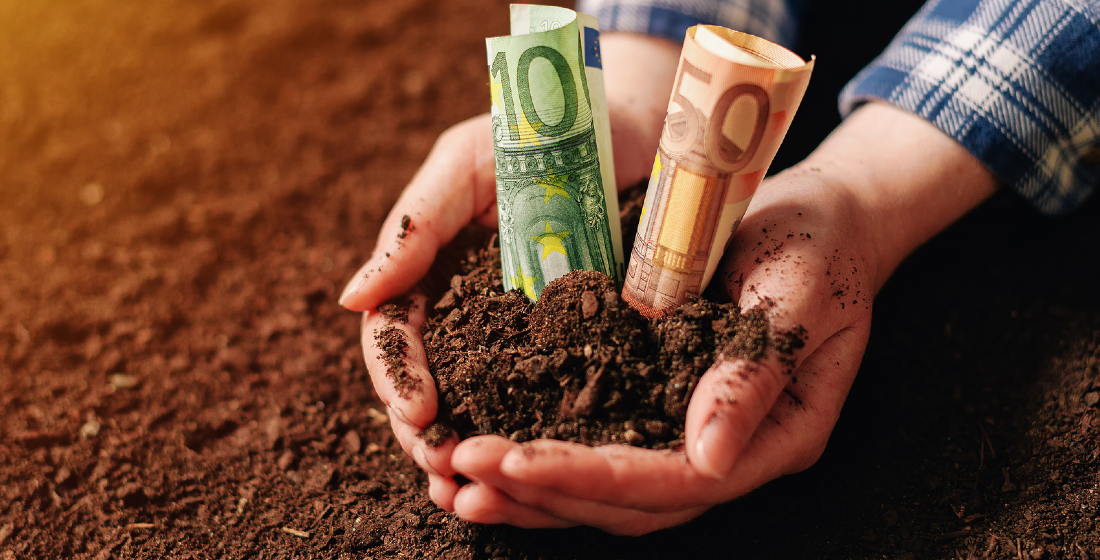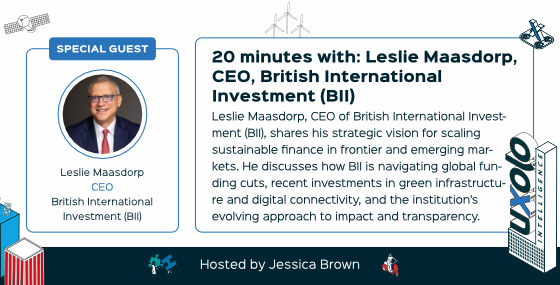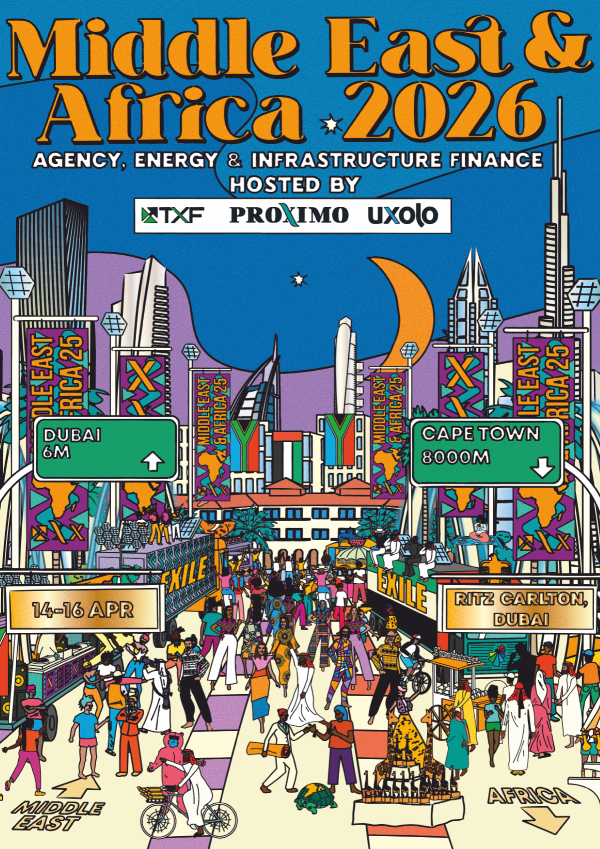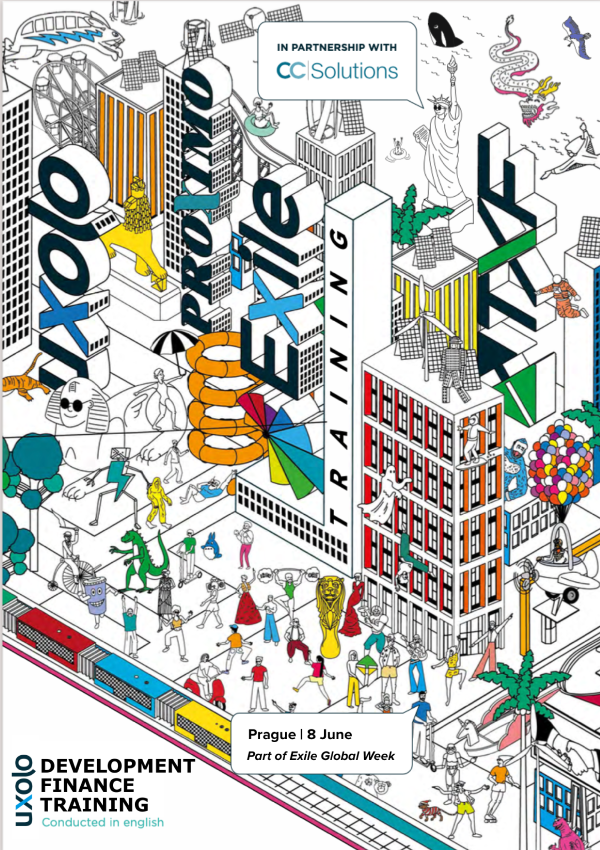The impact fund banking on smallholder farmers in developing countries
FMO and Rabobank have each invested €10 million in the IDH Farmfit Fund, which aims to bridge the $170 billion annual credit gap of small-scale farmers in developing countries.

Last month, Dutch development bank FMO and its commercial compatriot Rabobank became latest partners in the €100 million ($118 million) IDH Farmfit Fund, with respective investments of €10 million. The uniquely structured fund, made up of public and private investors, aims to catalyse financing for small-scale farmers in developing countries. By covering any initial losses on loans, the fund allows banks to provide financing for the historically high-risk sector.
“The financing needs are huge for this space, but investors and financiers perceive the risks to be too high to get involved,” says Bram Thuysbaert, portfolio officer for Agri, Food and Water Africa at FMO. “So, funds like this can demonstrate that it’s possible invest in this space and make positive returns and therefore draw in more investors as result.”
De-risking an infamous sector
IDH Farmfit Fund, founded by Dutch sustainable trade initiative IDH in 2020, is the world’s biggest public-private impact fund for smallholder farmers. The credits allow farmers to invest in their farm, increase productivity and exit the pernicious cycle of poverty. Farmfit also invests in innovative companies that develop solutions for giving farmers more efficient access to financial services or improving the profitability of their businesses.
The fund is backed by varied coalition of partners, encompassing major value chain companies including Unilever, Mondelez, Jacobs DE; international financial institutions such as Rabobank; as well as development agencies from the US, the UK, Denmark and the Netherlands. Together, Jacobs DE, Mondelez and Unilever have already contributed more than €25 million, and the Dutch government is also a funding partner.
“From the Hague, we can’t finance smallholder farmers directly. So, we need some intermediary, and that can be a bank or microfinance institution or a fund,” explains Thuysbaert. “We could finance corporates directly who work with these smallholder farmers, but that has minimum ticket size requirements – FMO typically makes investments in the agribusiness space starting at €10 million. But many of these companies require smaller tickets, which is difficult for us to do. So, these kind of specialist funds can help us reach these smaller companies.”
Farmfit has a tenor of up to 10 years and will use combination of guarantees, subordinated loans, equity or mezzanine financing. The fund will particularly target smallholder farmers involved in food, staple and cash crops including, cocoa, coffee, cotton, palm oil, tea, aquaculture, soy, cassava, rice and other commodities.
“The fund has a duration of 15 years, which is quite long for these funds but is because it wants to make long-term loans to its investees. After 10 years, the fund will start distributing money to its investors,” explains Thuysbaert. “As for returns: because this is a really risky area, if the fund makes low single digit returns, we’d consider that a success.”
In the joint financing of a small-scale farming business, by the fund and a financial institution such as a bank, the fund assumes the greatest risk by covering any initial losses (see structure below). This makes it less risky for the bank to invest in the sector.
“The fund has two tranches: a junior and a senior one,” explains Thuysbaert. “FMO is investing in the senior tranche alongside Rabobank and the three corporate investors. The junior tranche is funded by the Dutch Ministry of Foreign Affairs. That junior tranche is providing a first loss to the senior investors, so if the fund doesn’t make a positive return, any losses will be first covered by the junior tranche.” Additionally, there is a guarantee facility that covers up to 50% of the “second loss” risk. This guarantee facility of $250 million was provided by the US Development Finance Corporation (DFC), and further reduces the risk to financial institutions of granting loans to small-scale agriculture.
“One of the objectives of the fund is to catalyse more commercial funding from mainstream investors,” says Thuysbaert. “There are two ways the fund will give protection to the senior investors: The first is that if there is a relatively large transaction then the fund itself will take a junior position within that finance structure and then other more mainstream investors can take the senior position. And then secondly, there is also a guarantee available to the senior investors provided by the DFC.”
$170 billion annual credit gap
Today, there are at least 270 million smallholder farmers in Africa, Asia and Latin America, producing over 70-80% of the world’s food supply – most of the world's coffee, cocoa, tea and cotton is produced by small-scale farmers. Due to their lack of economies of scale, low productivity, and limited know-how and means of production, the majority of those farmers live in poverty.
Smallholder farmers have traditionally had little access to affordable long-term finance that allows them to invest in their farms, increase productivity, and align with the best practices of climate smart agriculture. The credit gap for farmers in developing countries is estimated at around $170 billion per year (ISF, 2019).
The vagaries of the weather and low, fluctuating yields make investment in agriculture in developing countries risky. Together with other businesses, IDH has been organising and investing in the improvement of farmers’ incomes for more than ten years, and has established relationships with over 600 companies, CSOs, financial institutions, producer organisations and governments.
“IDH have been present in this space for a long time and it has many teams in many of these countries, working for small and large companies alike. So, it already has an exciting network it can use to source the deals and find promising companies,” says Thuysbaert. “In addition to that, FMO and Rabobank also have their own extensive networks of companies – as do the three corporates in the fund. Mondelez is very active in the cocoa space, Jacobs DE is a big player in the coffee sector, and Unilever is active in a number of commodities including palm oil. So, combined, there’s a massive network of potential beneficiaries there.”





